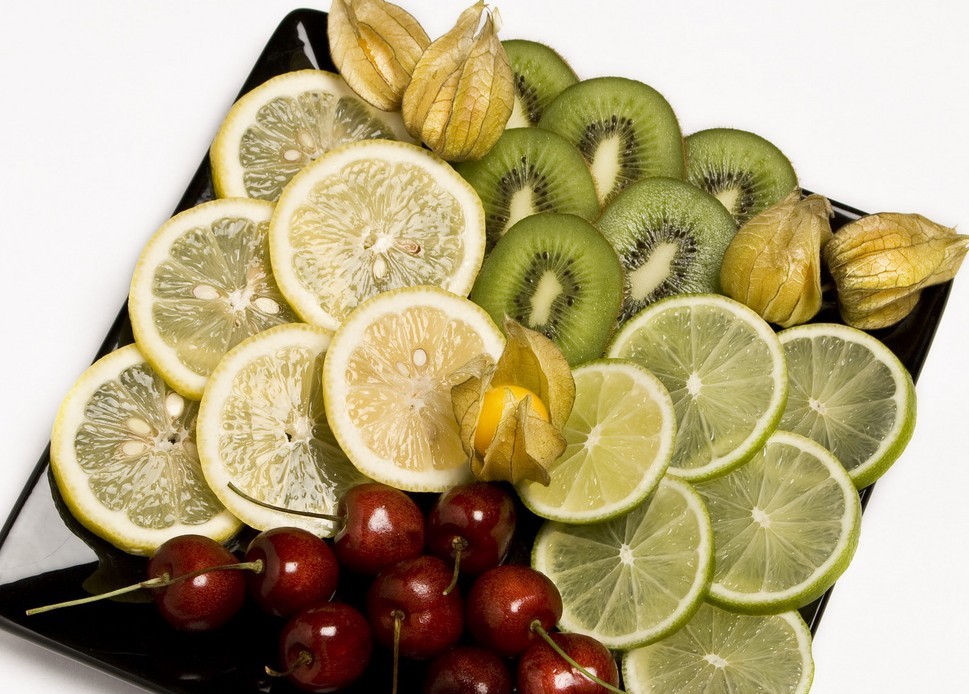
Vitamin C
The recommended intake of Vitamin C depends on where you live. If you live in Great Britain, it's 40mg a day; according to the EU it's twice that; in the USA it's 60-95mg a day. But all these are based, not on how much Vitamin C is best, but on how much is required to prevent the onset of scurvy. Vitamin C is a vitally important antioxidant and one way or another it plays a role in the development and preservation of nearly all the body's tissues. There's an upper limit to how much Vitamin C you can actually absorb: gigantic doses are simply excreted in urine, but very high doses produce a serum level of double the level produced by the RDA (roughly). And studies seem to indicate that a higher serum level of Vitamin C is a good predictor of avoiding degenerative diseases, and can even seem to help with depression. It's absorbed best from food, just one more reason to double up on vegetables.
- Important notification about information and brand names used in this slideshow!
- Photo courtesy of Derek Thomas by Flickr : www.flickr.com/photos/djt23/2781576359/
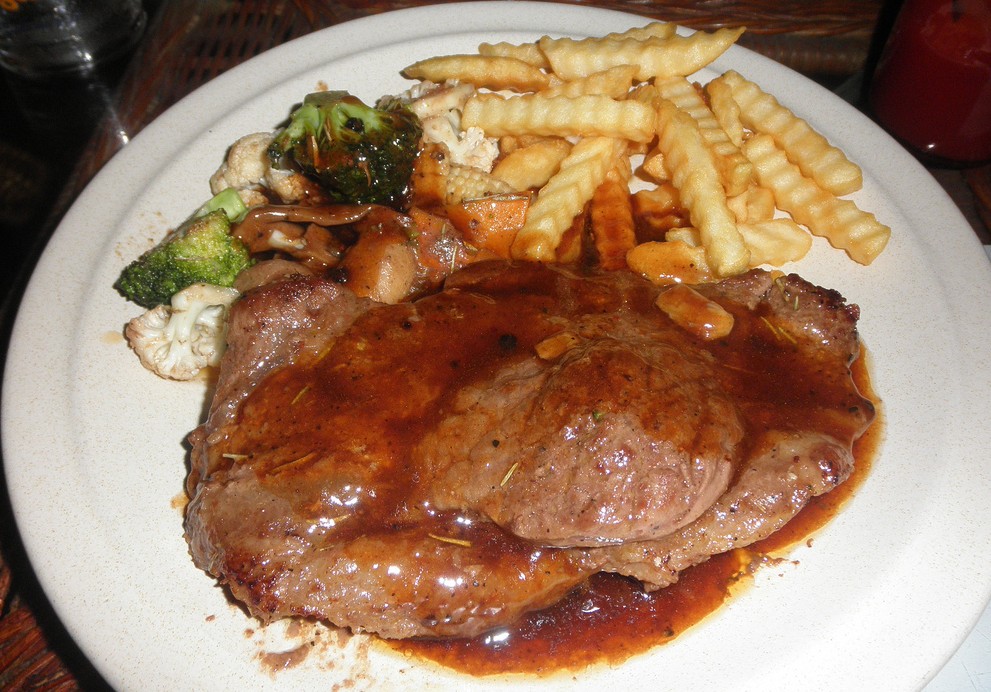
Fibre
Fibre is a seriously unglamourous nutrient. Protein makes you strong and muscular, vitamins make you sleek and healthy: fibre makes you defecate. There's no way to sell that as cool. But it is extremely important. In the gut, fibre scavenges up toxins and waste matter and literally absorbs undigested lipids, so they're excreted in feces. It makes stools firm and large, meaning defecation doesn't involve straining. It makes you feel full, a major bonus if you're trying to diet. A diet rich in fibre can help protect you against cancer, and that really is worth getting on top of. And often, fibre comes packaged alongside essential vitamins in fruit and vegetables. The most surefire way to get enough fibre is to eat as much frui and vegetables as you can, especially leafy green vegetables.
- Important notification about information and brand names used in this slideshow!
- Photo courtesy of thienzieyung by Flickr : www.flickr.com/photos/thienzieyung/5953080833/
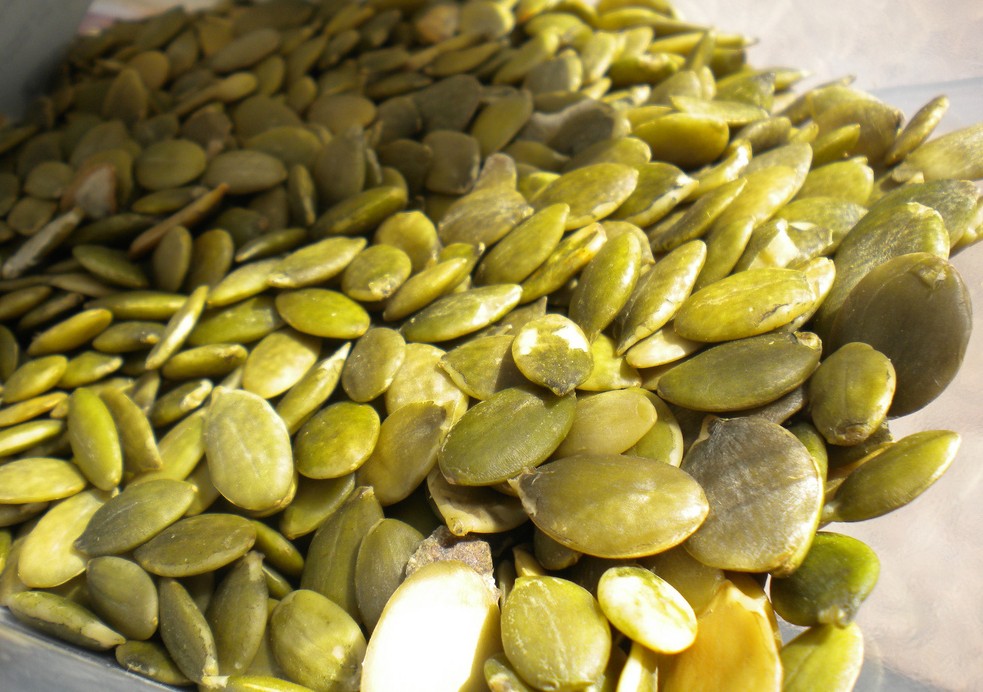
Magnesium
Magnesium is a little-known element in food. Many of us can remember the ribbons of brightly burning metal from our school science classes; but a diet short of magnesium can result in pretty much every bad thing you can imagine, including dizziness, muscle cramps, disturbed sodium-potassium balance, insulin resistance, personality changes, loss of appetite, low circulating levels of parathyroid hormone and sudden death from heart failure. Sounds like something you should include in your diet if possible. Yet Rosanoff et al (Nutritional Review, March 2012) found that about half (48% of Americans weren't meeting the minimum requirements for magnesium intake. Foods rich in magnesium include nuts and seeds, fish and dark green leafy vegetables, as well as avocados, dairy and, you'll be pleased to here, chocolate - but only dark chocolate.
- Important notification about information and brand names used in this slideshow!
- Photo courtesy of HealthAliciousNess by Flickr : www.flickr.com/photos/healthaliciousness/5576392056/
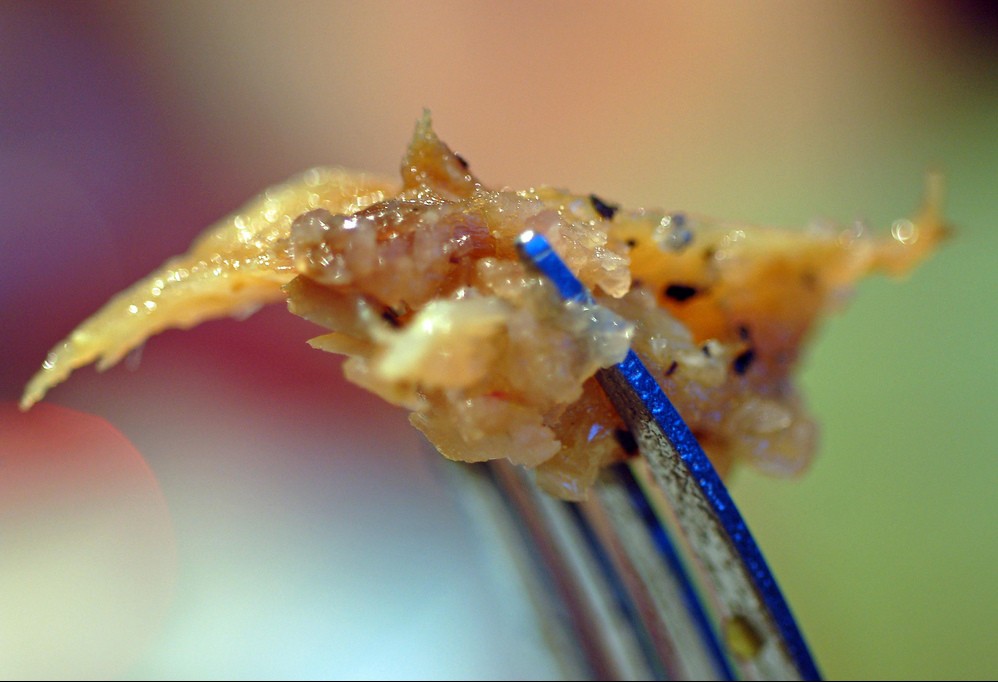
Vitamin D
Go back a few generations and people knew all about Vitamin D deficiency. Only they didn't call it hypovitaminosis D. They called it rickets. These days, virtually no-one is at risk from rickets in the developing world, but there's a greater risk of subclinical - ie, may be causing problems, but not causing the major acute problem it's famous for - Vitamin D deficiency than you'd think. The darker your skin, the less Vitamin D you'll get from the same amount of sunlight so people of African descent need to look to their diets to get enough Vitamin D. Pregnant and breastfeeding women need to look out too. A recent survey showed that more than half of all adults in the UK didn't have enough Vitamin D! Fortunately it's fairly easy to get - in milk, in oily fish, or as a supplement, though food sources are probably absorbed better.
- Important notification about information and brand names used in this slideshow!
- Photo courtesy of Timothy Tsui by Flickr : www.flickr.com/photos/timothytsuihin/2727294465/
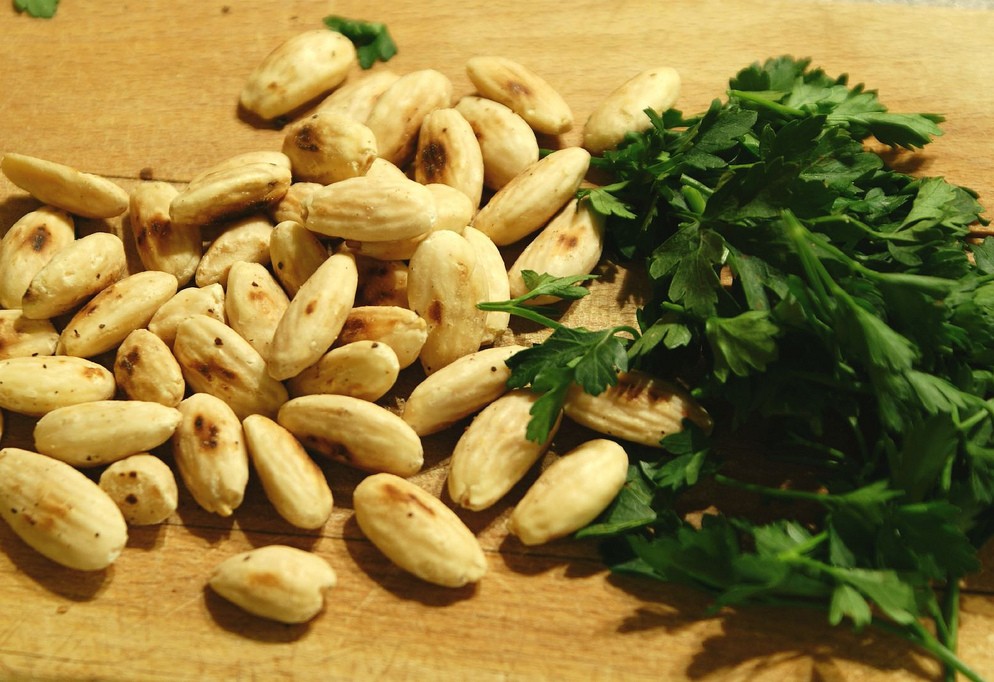
Vitamin E
Vitamin E has a lot of jobs in the body. It's an important antioxidant and plays a role in making sure some enzymes work properly too. It has an important role in smooth muscle growth and regeneration, meaning that it's doubly important in maintaining the health of your blood vessels. Fortunately clinical Vitamin E deficiency is rare, and the cause is normally an equally rare medical condition rather than dietary deficiency. However, there's a difference between being deficient in a nutrient and getting enough of it for optimum health. Get some extra Vitamin E from nuts and seeds, whole grains, egg yolk and leafy green vegetables, to improve your overall health and increase your resistance to oxidative stress.
- Important notification about information and brand names used in this slideshow!
- Photo courtesy of Stéphane Goldstein by Flickr : www.flickr.com/photos/33278177@N00/4462794277/
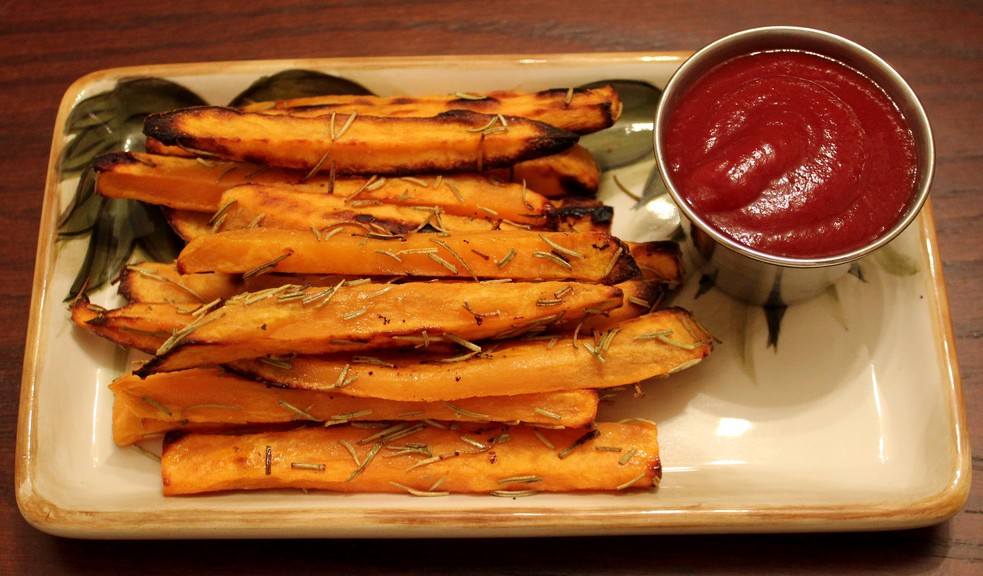
Vitamin A/Beta-Carotene
Vitamin A is vital for the health of your eyes. Night blindness caused by lack of Vitamin A is common in some developing countries, and the cause isn't always a diet lacking in beta-carotene; sometimes it's a diet low in fat. Vitamin A is fat-soluble and too low a fat intake can result in a failure to be able to absorb and transport the vitamin. In the West it's more likely that you'll be slightly deficient in Vitamin A by not eating enough good-quality meat and beta-carotene containing vegetables. What's less well known than the fact that carrots make you see in the dark is that Vitamin A plays a role in DNA transcription. The better your Vitamin A levels, the higher the transcription fidelity will be - the less mistakes will be made, and it's when mistakes are made in DNA transcription that cancerous tumours start. With that in mind, how do you get more? Taking supplements isn't the best way: they're not alway absorbed and it's possible to overdose on Vitamin A, which is dangerous. Eat more sweet potatoes, carrots, squashes - yes, they're all orange, that's beta-carotene, a Vitamin A precursor - or more red meat...
Vitamin A is vital for the health of your eyes. Night blindness caused by lack of Vitamin A is common in some developing countries, and the cause isn't always a diet lacking in beta-carotene; sometimes it's a diet low in fat. Vitamin A is fat-soluble and too low a fat intake can result in a failure to be able to absorb and transport the vitamin. In the West it's more likely that you'll be slightly deficient in Vitamin A by not eating enough good-quality meat and beta-carotene containing vegetables. What's less well known than the fact that carrots make you see in the dark is that Vitamin A plays a role in DNA transcription. The better your Vitamin A levels, the higher the transcription fidelity will be - the less mistakes will be made, and it's when mistakes are made in DNA transcription that cancerous tumours start. With that in mind, how do you get more? Taking supplements isn't the best way: they're not alway absorbed and it's possible to overdose on Vitamin A, which is dangerous. Eat more sweet potatoes, carrots, squashes - yes, they're all orange, that's beta-carotene, a Vitamin A precursor - or more red meat.
- Important notification about information and brand names used in this slideshow!
- Photo courtesy of Scott Veg by Flickr : www.flickr.com/photos/thrivingveg/8420845814/
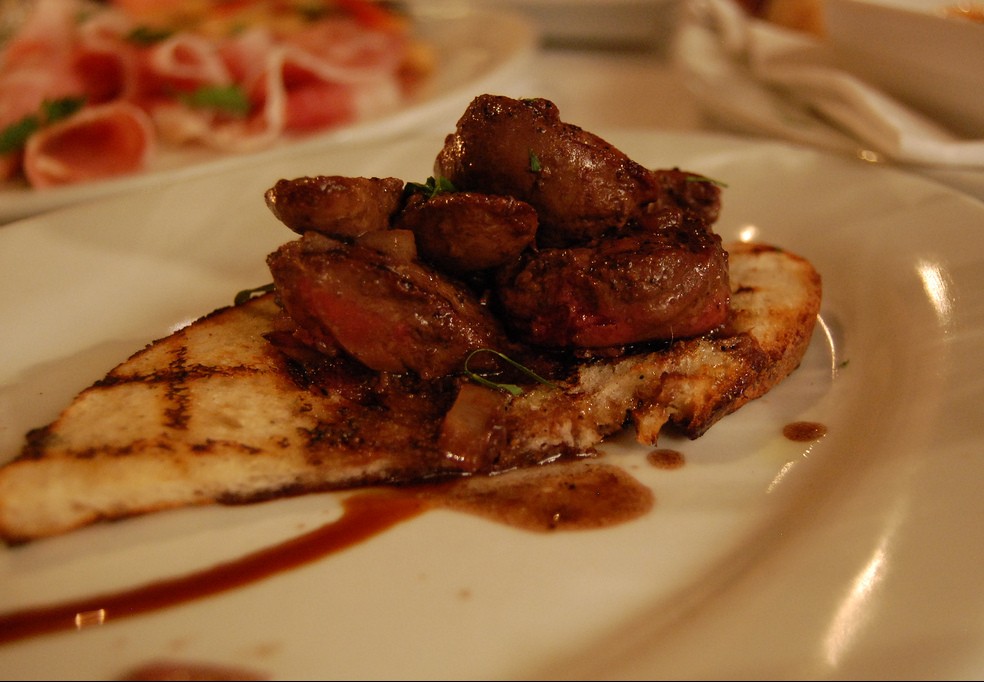
Iron
Iron deficiency isn't all that common in the West but it does happen. When you're low in iron, your body can't make haemoglobin. Blood is red because of its iron content, and without the iron there's nothing to bind the oxygen to to carry it around your body. Shortage of iron feels like shortage of oxygen - dizziness, breathlessness, fatigue. You can get anemia - iron deficiency - from blood loss too, so if you're a woman you should look to your iron intake around your period to make sure you don't dip too low. The best dietary source of iron is red meat, which is also a good source of Vitamin B12. The best meat for iron is liver, which also has plenty of folic acid. B12, iron and folic acid are best eaten together since without B12 and folic acid iron isn't absorbed, so eat your steak with a source of folate like spinach.
- Important notification about information and brand names used in this slideshow!
- Photo courtesy of stu_spivack by Flickr : www.flickr.com/photos/stuart_spivack/4155630593/
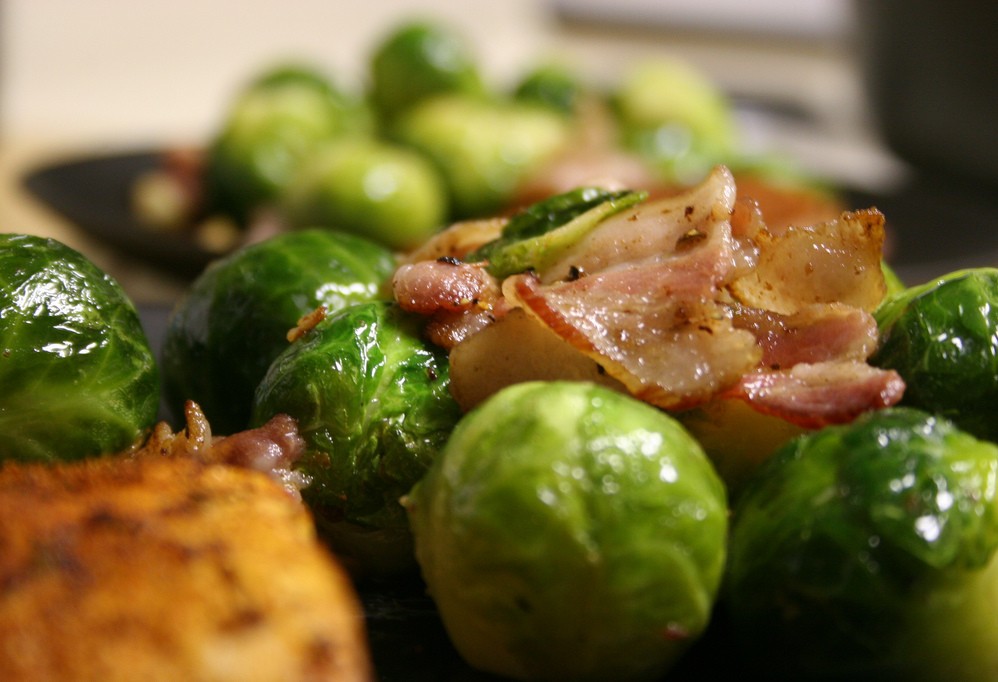
Folic Acid
Folic acid is best known for its role in protecting unborn children from neural tube defects. As a result folate is added to bread flour in many countries and plans are afoot to add it to British flour. However, it's still possible to be deficient in this vitamin. The best way to take folic acid supplements is from foods - to deliberately eat foods with a high folate content, like liver or leafy green vegetables. Folic acid doesn't just protect unborn children: it plays a role in protecting adults' nervous systems and may help prevent dementia and Parkinson's disease, as well as working with iron to transport oxygen around the body.
- Important notification about information and brand names used in this slideshow!
- Photo courtesy of sling@flickr by Flickr : www.flickr.com/photos/sling_flickr/303366201/
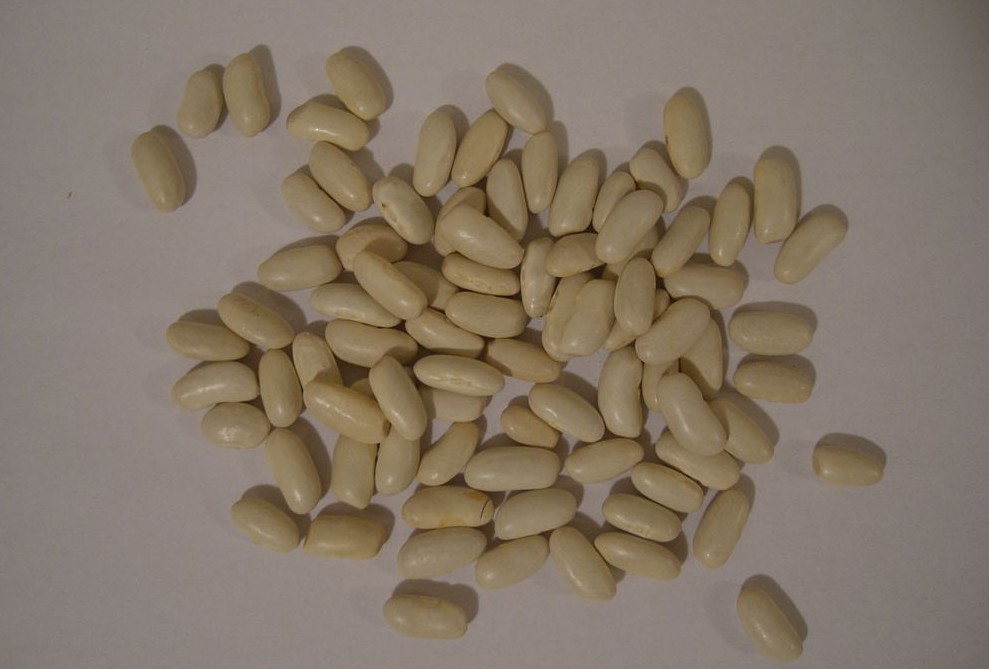
Potassium
Potassium is a component of a mechanism called a 'cellular pump.' Along with sodium it regulates the flow of fluids across cell boundaries in the body. Too much sodium compared to potassium? Too little potassium? That spells trouble. So does too little sodium, but that's vanishingly rare in a world where sodium salt is common table salt and added to fast and processed foods by the spoonful. Potassium plays a role in the nervous system too, and when you're low on potassium you can get loss of motor control tremors, shivering and muscle weakness. Good sources of potassium include red meat (especially liver), avocado, beans and sweet potato.
- Important notification about information and brand names used in this slideshow!
- Photo courtesy of Yuvalif by Wikimedia Commons : commons.wikimedia.org/wiki/File:White_beans.JPG
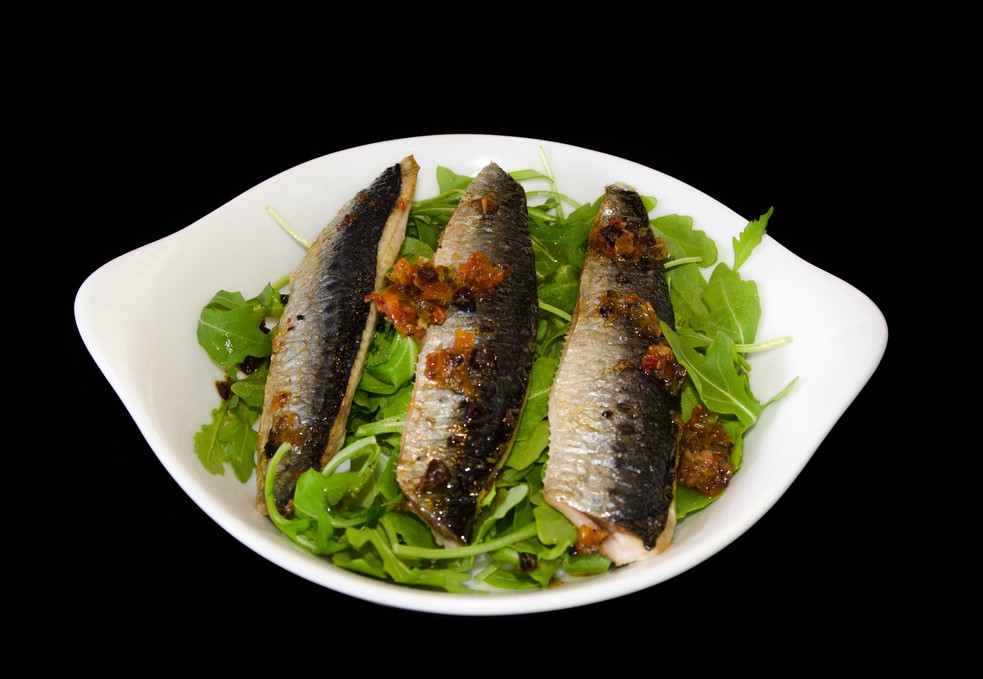
Omega-3 Fatty Acid
Omega-3 fatty acid, and its less-known sister nutrient omega-6, plays a range of roles in the body. It seems to reduce the amount of low-density lipids in the blood vessels and the evidence that a diet rich in oily fish, a rich source of omega-3, helps to prevent strokes is fairly strong. Researchers are looking into the anti-inflammatory effects of omega-3 and omega-6 - the jury's till out because there's not enough data but we can expect to find that omega-3 and -6 help protect against diseases caused by chronic inflammation, and the medical consensus is moving toward the idea that both neurological problems like Parkinson's, and circulatory and heart problems, are caused by inflammation and oxidative stress. The top sources of omega-3 are all oily fish, like mackerel while broccoli and red meat contain some.
- Important notification about information and brand names used in this slideshow!
- Photo courtesy of N Wong by Flickr : www.flickr.com/photos/nwongpr/8354719599/


_f_280x120.jpg)
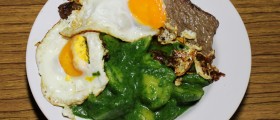


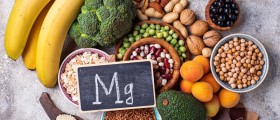

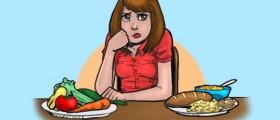

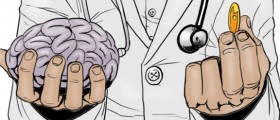
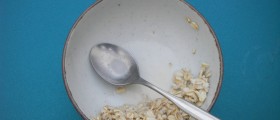
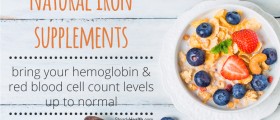
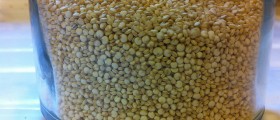


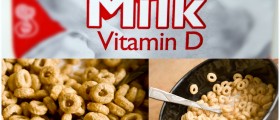

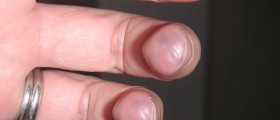

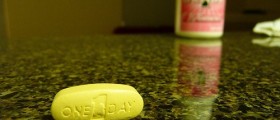


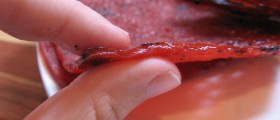



Your thoughts on this
Loading...